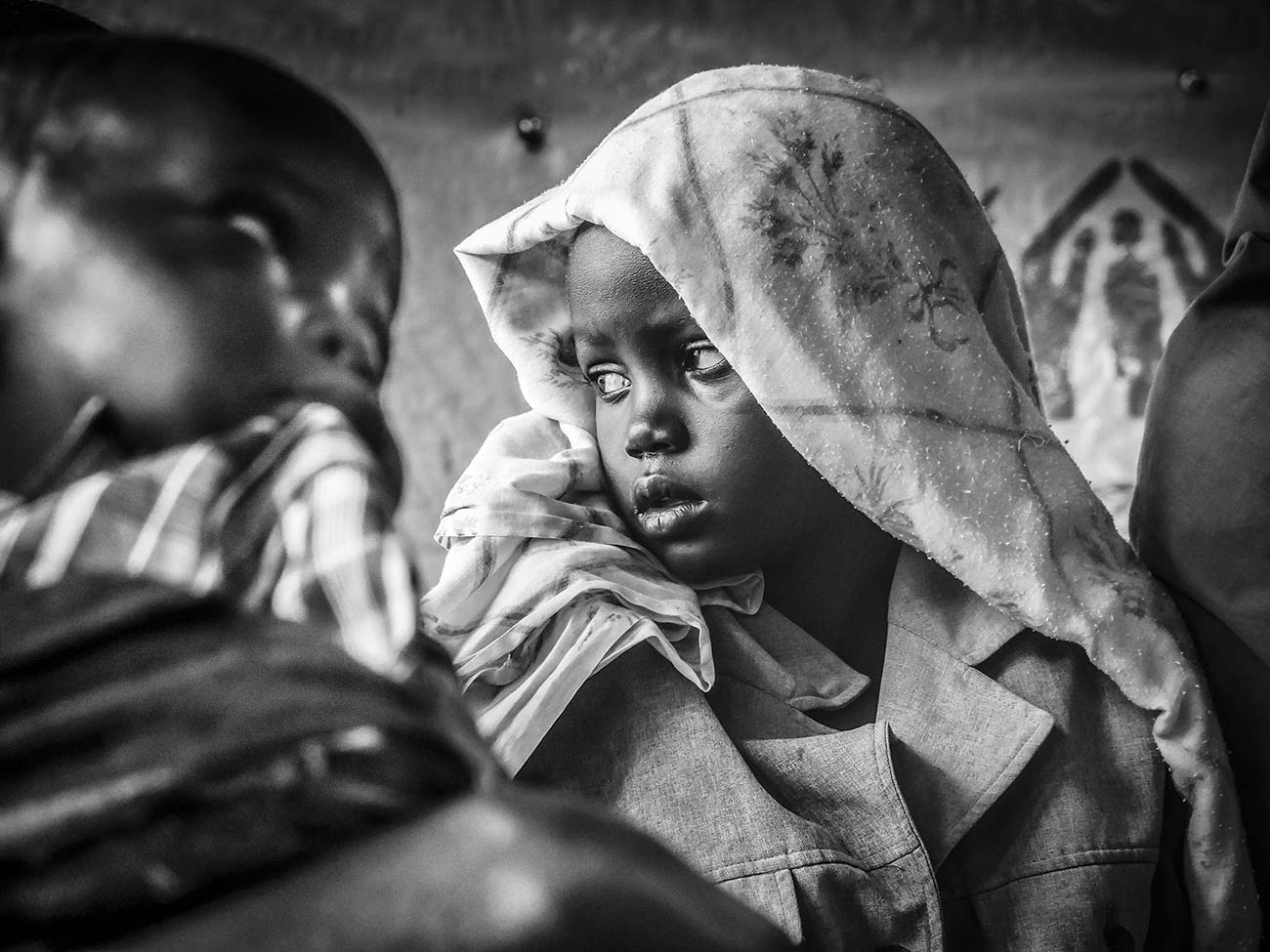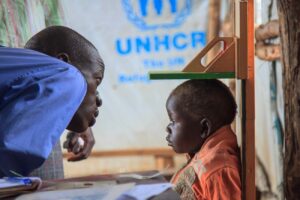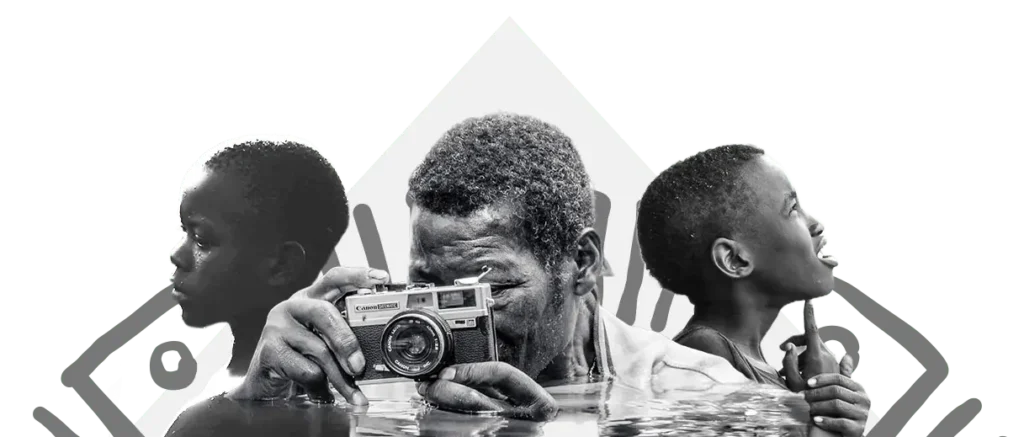
Empowering Ugandans with Disabilities: Challenges and Pathways Forward
In Uganda, where approximately 12% of the population lives with disabilities, a concerning disparity persists. While people with disabilities make up 22% of the unemployed, their employment opportunities are hindered by an economy dominated by subsistence farming. This contributes significantly to the heightened levels of poverty within this community, as seen in the 30% higher poverty rates among households with disabled individuals. The disruptions caused by the 2020 pandemic have further amplified these challenges, likely exacerbating unemployment and poverty rates.
To combat these issues and foster economic inclusion, a concerted effort towards disability-inclusive programs, policies, and services is imperative. This entails creating livelihood initiatives to generate economic prospects, establishing inclusive education programs to prepare disabled individuals for the workforce, and implementing comprehensive health policies to improve their overall well-being.
Recognizing the United Nations Standard Rules on Equalization of Opportunities for Persons with Disabilities, Uganda’s National Policy on Disability aims to empower and protect the rights of disabled individuals, irrespective of gender, age, or disability type. Acknowledging that disability should not limit potential, this policy seeks to guide planning, resource allocation, and implementation at all levels.
Statistics reveal that four out of every 25 people in Uganda have disabilities. Despite their numbers, societal biases stemming from ignorance, neglect, and lack of awareness leave disabled individuals vulnerable and deprived of access to resources and opportunities. As a result, they often rely on family and community support for survival.
Efforts have been made to address these challenges. Parent meetings, training for teachers, resource rooms in schools, and increased accessibility to low vision assessments are some of the strides forward. However, the scarcity of appropriate educational materials, inadequate training, high costs of assistive devices, and inaccessible structures persistently hinder disability education and skills development.
Moreover, addressing the unemployment issue among disabled individuals requires a more comprehensive approach. Though vocational training programs have been established, they must be updated to match market needs. Awareness campaigns to sensitize employers about hiring disabled individuals are also in progress. Unfortunately, persons with disabilities are often left out of HIV/AIDS awareness and support initiatives due to communication barriers and lack of targeted resources.
In conclusion, Uganda’s journey towards inclusion and empowerment of disabled individuals has made progress, yet challenges persist. The path forward involves collaborative efforts, improved educational resources, comprehensive vocational training, and enhanced healthcare accessibility. By implementing inclusive policies and practices, Uganda can foster an environment where disabled individuals are valued members of society, contributing to the nation’s progress.



